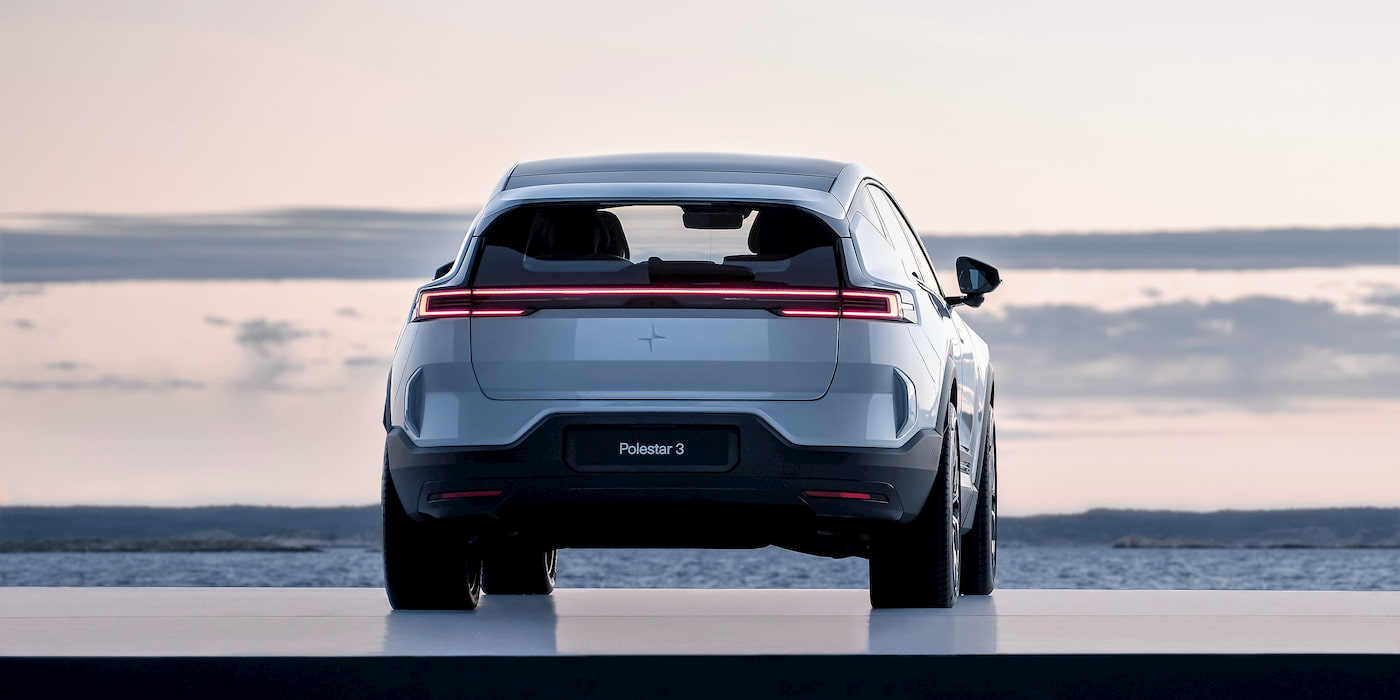
Investment research firm Bernstein has suggested that Volvo might consider taking the electric vehicle (EV) maker Polestar (PSNY) private, stating that it could make more sense. Polestar, which has a history of building high-performance vehicles alongside Volvo, became an independent electric vehicle brand in 2017 after Geely's acquisition of Volvo.
Polestar's first passenger vehicle, the hybrid Polestar 1, was followed by the all-electric Polestar 2 in February 2019. Since its launch, Polestar 2 has achieved success in various EV markets, including Norway, Sweden, and Germany, and the brand has expanded its presence to 27 global markets.
However, despite reaching a milestone with the production of its 150,000th Polestar 2 in August, the company has faced challenges in gaining traction amid increasing competition. In 2022, Polestar delivered 54,600 vehicles, a 6% increase from the previous year. Despite revising its delivery target downwards in November, the company fell short by over 5,000 units, missing its initial goal of delivering 80,000 vehicles for the year.
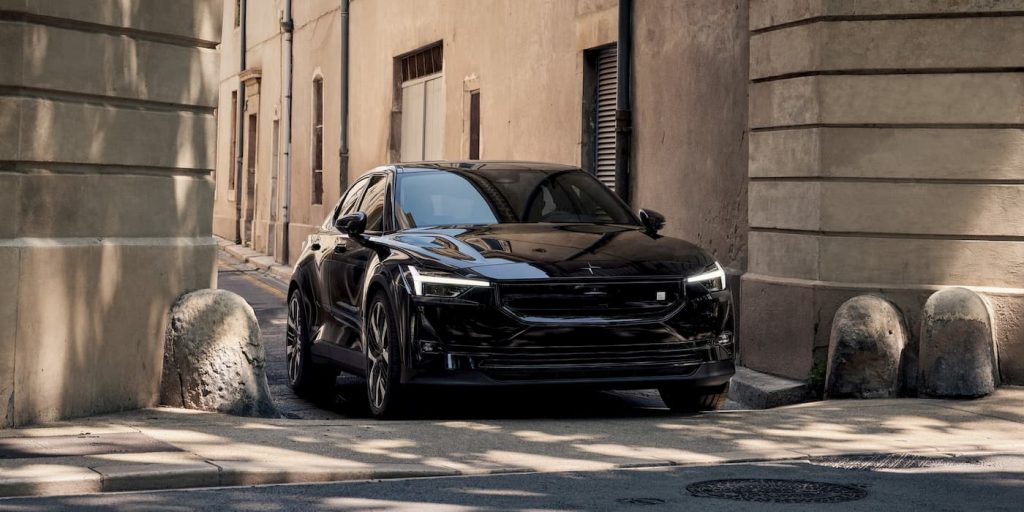
Polestar hopes its planned electric SUV and first CUV will help drive demand. After postponing Polestar 3 manufacturing, the business expects to start constructing the electric SUV in early 2024.
Meanwhile, Polestar 4 production started in China in November. Last year, the electric vehicle manufacturer shipped 880 Polestar 4 cars in China.
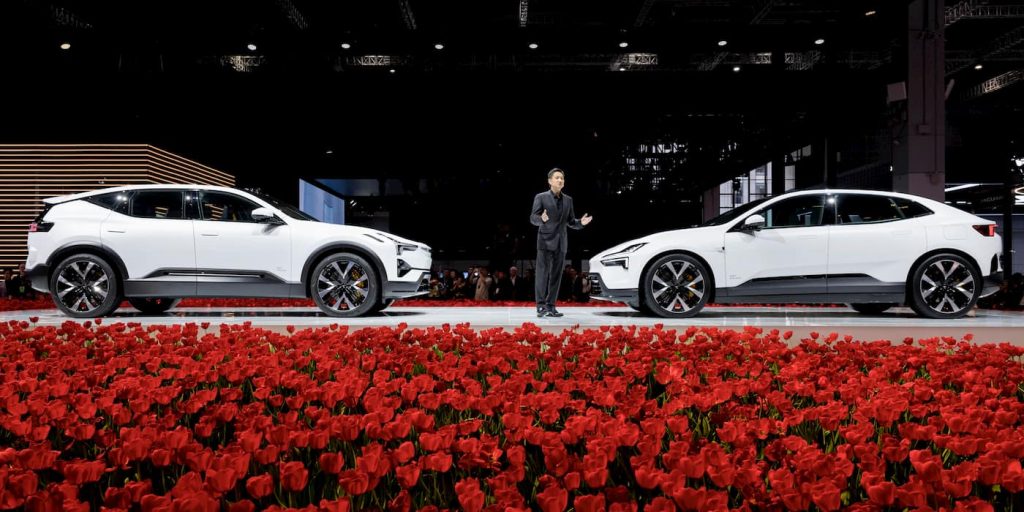
Should Volvo take Polestar private?
Polestar experienced a decline in deliveries during the final three months of the year, citing a "challenging market," according to CEO Thomas Ingenlath. As a result, the electric vehicle (EV) maker has adjusted its expectations for 2023 gross profit margins, anticipating them to be approximately break-even compared to the previously revised target of 2% (down from the initial 4%).
Despite achieving growth in deliveries that boosted revenue to $367.7 million (a 25% increase) in Q3, higher costs contributed to a decrease in gross margins by 63% to $36.3 million. The elevated costs resulted in an operating loss of $261 million, representing a 33% increase.
As of the end of September, Polestar reported having $951.1 million in cash, excluding an additional $450 million loan from Volvo and Geely. The company continues to navigate challenges in the competitive EV market.
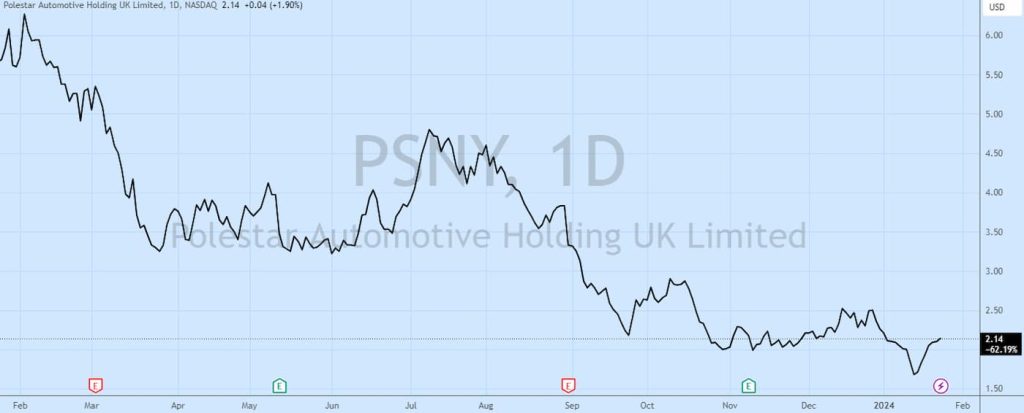
Polestar's stock has dropped more than 62% in the last year and is now more than 85% below its all-time high.
In a note, Bernstein analyst Daniel Roeska said that Polestar is "on a road to nowhere." The memo continued, "We admire the creative asset-light approach, and we like the automobiles, but we don't think the firm should be a stand-alone entity.
The financial research company has initiated coverage of Polestar's shares with an underperform rating. It also set a target share price of $1.15, implying a more than 40% decline.
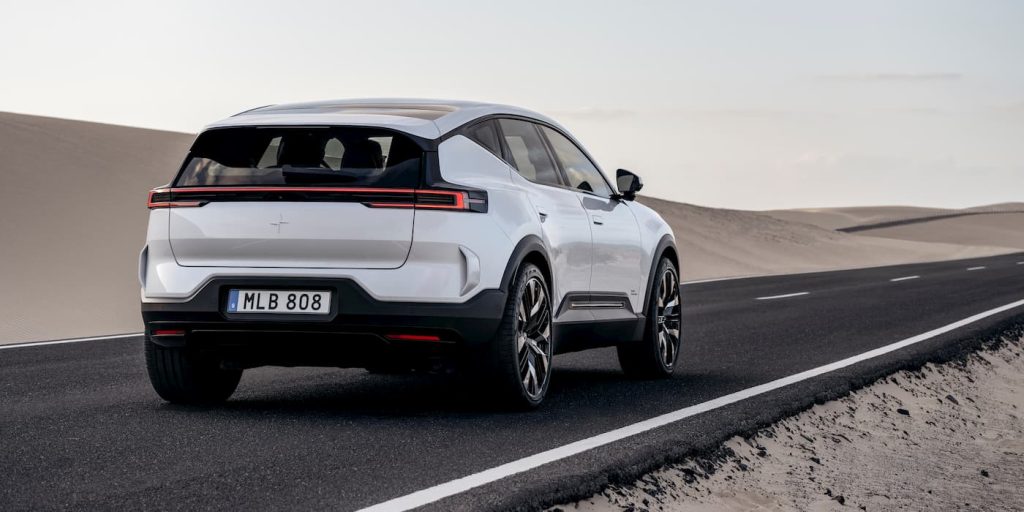
Roeska, a financial research firm, has expressed the opinion that it might be more sensible for Polestar to eventually reintegrate into the Volvo Cars-Geely ecosystem, even though they would like to see the concept and brand survive. This suggestion aligns with the idea of Polestar potentially going private.
In response, Polestar's CEO, Thomas Ingenlath, defended the electric vehicle (EV) maker by highlighting its current market valuation of $4 billion. While he did not disclose whether Volvo or Geely was pushing for Polestar to go private, he emphasized the company's interest in not consistently relying on shareholder funding, indicating a desire for financial independence.




0 Comments